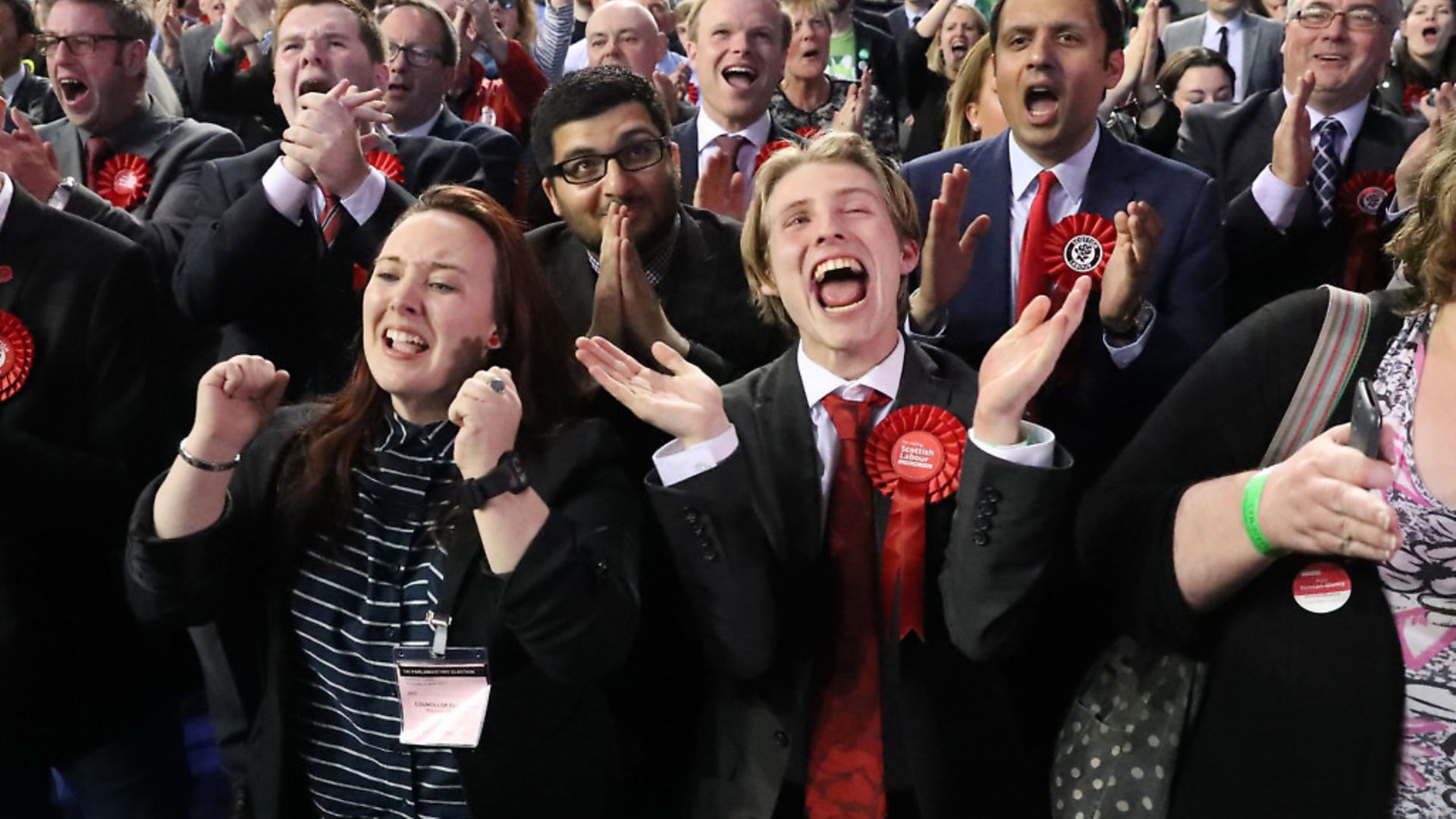
Hope: we all want to live by it, but lately hopefulness has been in short supply.
The past year has been punishing for many, Brexiters and their opposite, with one bad thing after another in the 12 months following the referendum vote. You’d be forgiven for feeling our suit is hopeless.
But now, there is a glimmer; something is changing. The weakening of Theresa May’s mandate, the 50 senior Labour MPs, peers and MEPs signing a statement that the best way to respect the wishes of the pro-Remainers who voted for Labour on June 8 was to ‘fight unambiguously for membership of the single market’. And now the unions have joined in, pressurising Jeremy Corbyn to bring Labour behind that option too. It’s not any sort of reversal, but it is bringing fresh hope.
But, wait a minute. Can this be healthy? We’re not children full of excitement about our Christmas presents; is hope actually something we should encourage in ourselves? Wouldn’t it be better to be hard-headed and pragmatic, rather than risk having our hopes dashed? Is hope any use to us, or are we fooling ourselves?
First off, you have to understand that we don’t all generate hope in the same way. According to the late American psychologist and editor Charles Snyder, some of us are always going to be more hopeful than others. High-hope individuals don’t greet barriers in the same ways as low-hope individuals; for them barriers are challenges to overcome and they simply plan an alternative route to their goals. They’re also likely to be academic high-achievers with lower levels of depression, while low-hopers score low on the wellbeing register.
Another hope expert, Gallup senior scientist and author of Making Hope Happen: Create the Future You Want for Yourself and Others, Shane J. Lopez, goes even further: no matter what type you are, you can’t live without hope.
Lopez colourfully describes hopeful emotions as ‘the golden mean between euphoria and fear. It’s where transcendence meets reason and caution meets passion.’
‘When we’re excited about ‘what’s next,’ we invest more in our daily life, and we can see beyond current challenges.’ In other words, we work harder to make the changes we want to see. It’s better than optimism because you will push into action the steps that will – excuse the Disney-like cliché – make your hopes come true.
As Lopez writes in his book: ‘You might consider yourself a hard-nosed realist, even a pessimist – someone who sees the world in a clear, cold light – but you take action to improve any situation that’s important to you.’
Interestingly he believes that hope can be contagious. If you communicate your hopes through your social network, your friends, colleagues and family, it’s possible to spread the power and increase the hopefulness of those around you. Reading The New European is the kind of thing Lopez might have in mind. We talk a lot about the downsides of the echo chamber and preaching to the converted, but actually working together as a group or building up a network builds up the chance of success. You become more hopeful, less despairing.
True, no major party has yet stood up and said that we will not leave the EU – the stated aim of this paper and most Remainers. But seeing the Brexit mission falter does alter the tempo of the discourse. It lightens the deadening dread and raises our hopes. Let’s see where that can take us.
Louise Chunn is the founder of find a therapist platform welldoing.org. She is a former editor of Psychologies magazine








